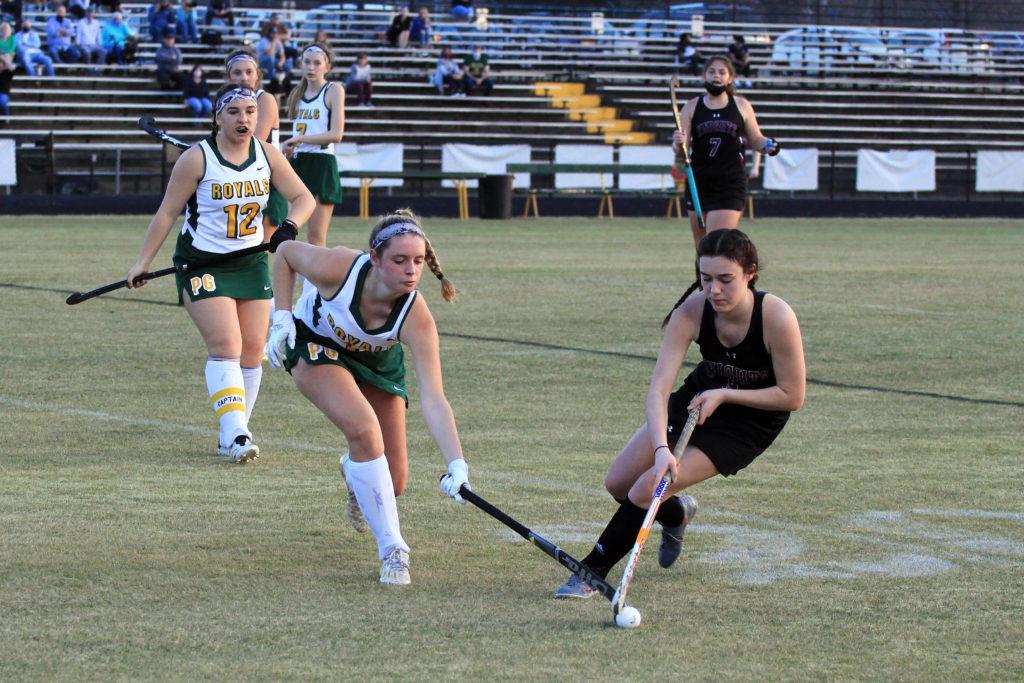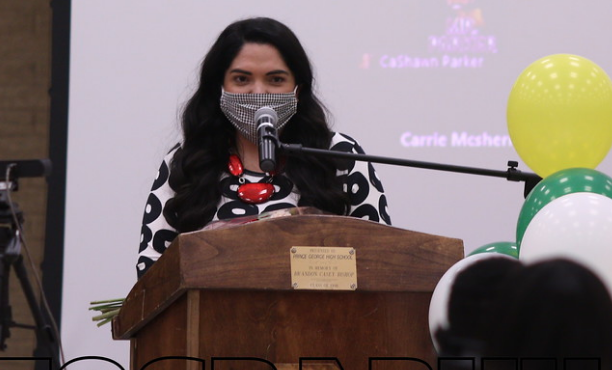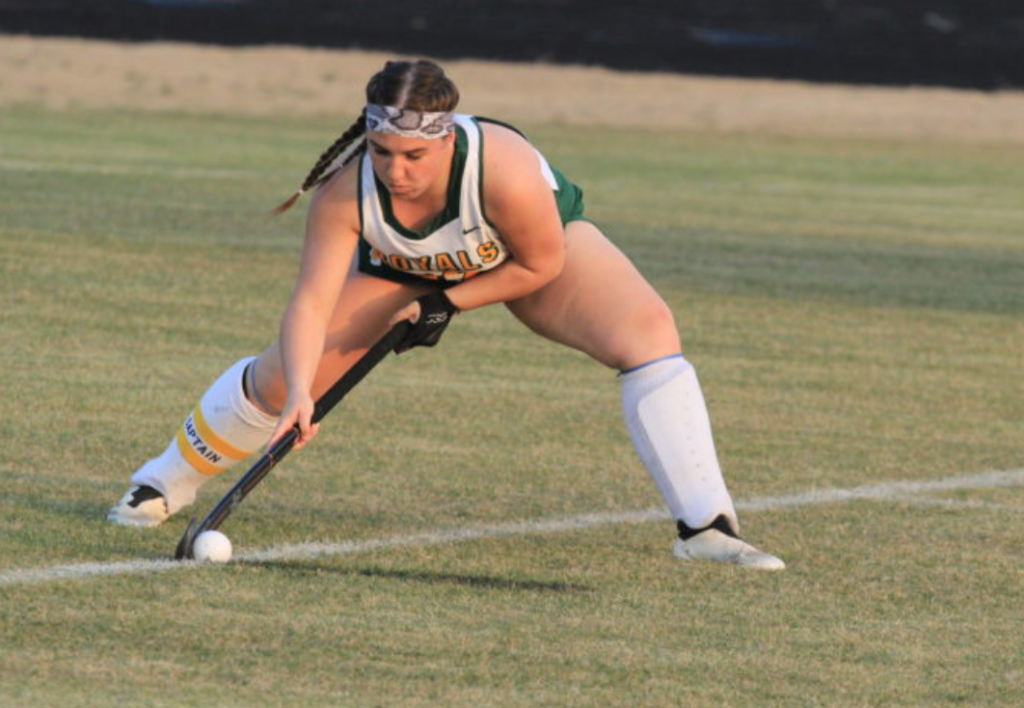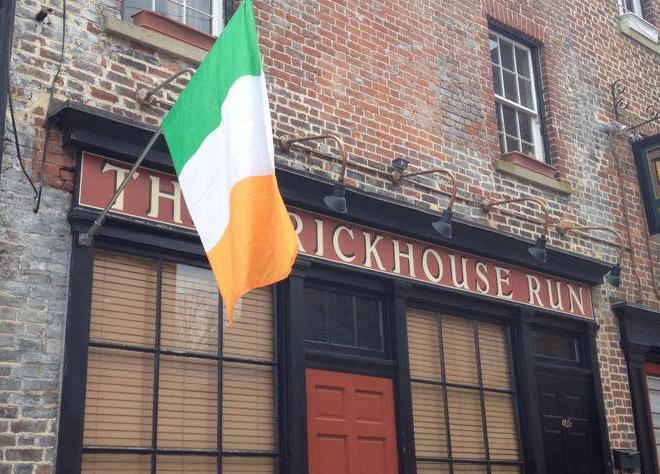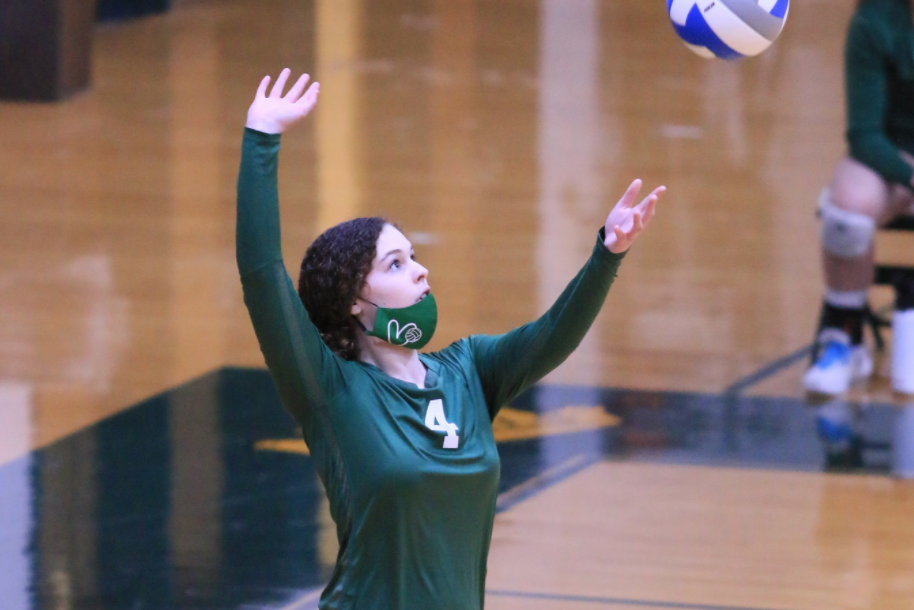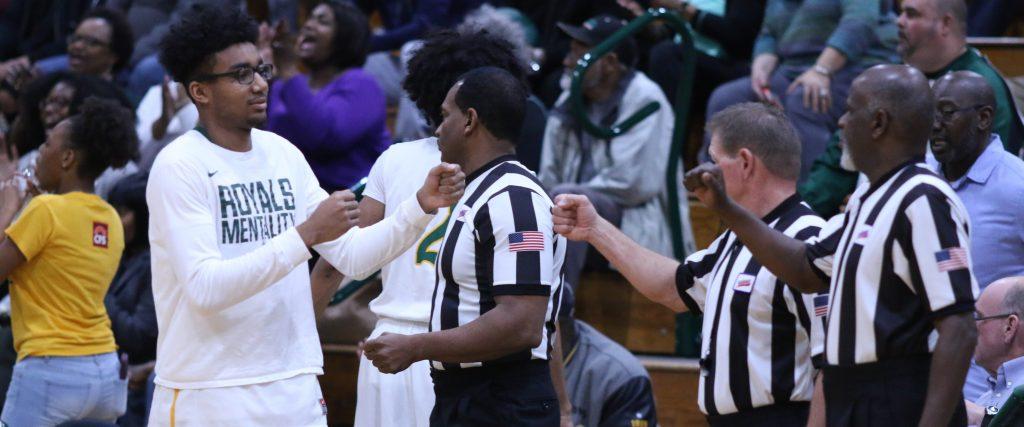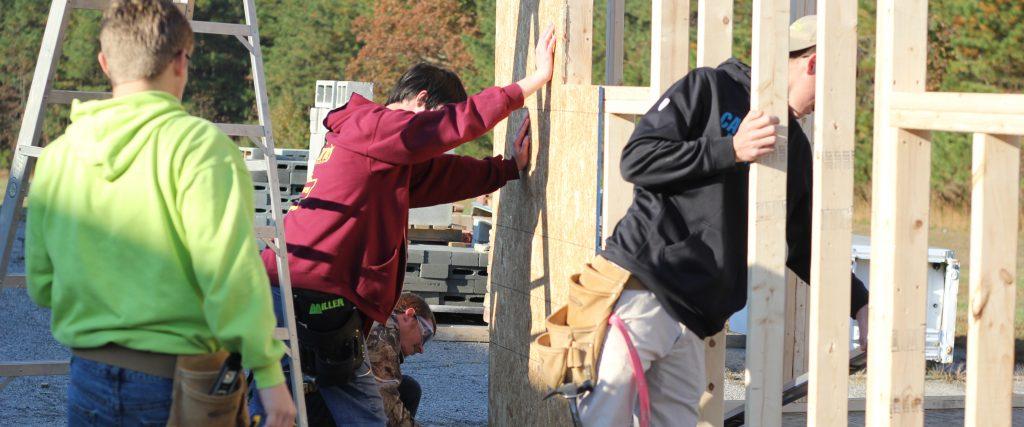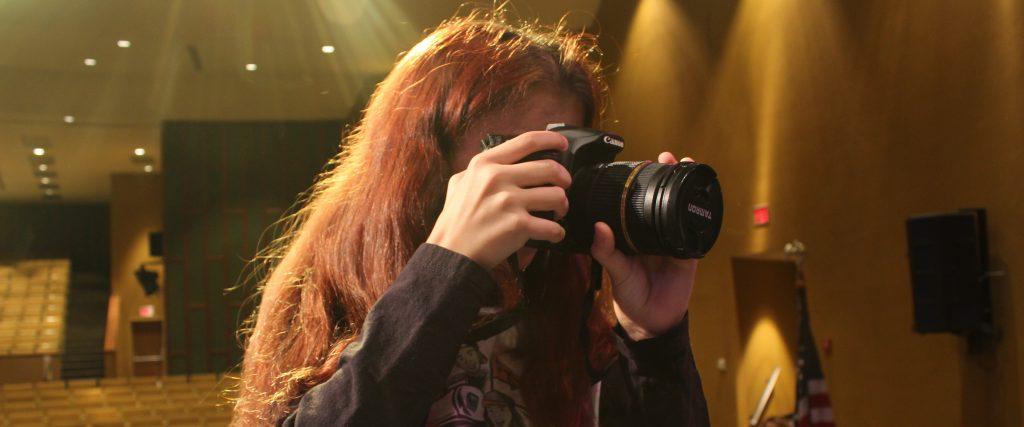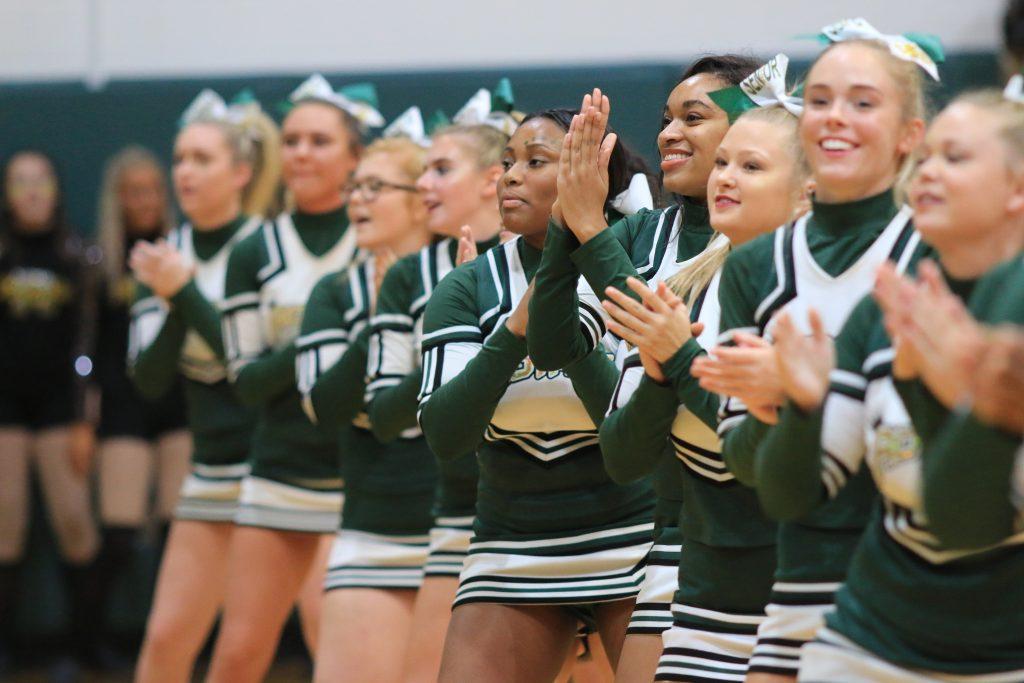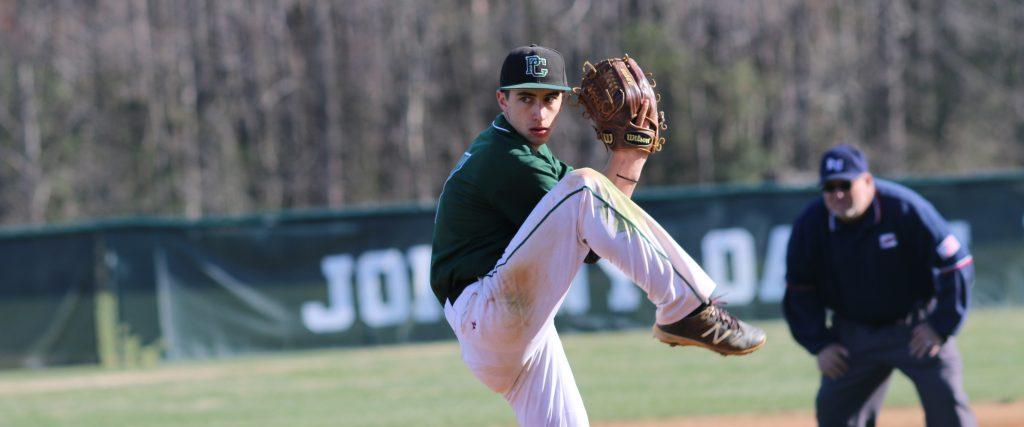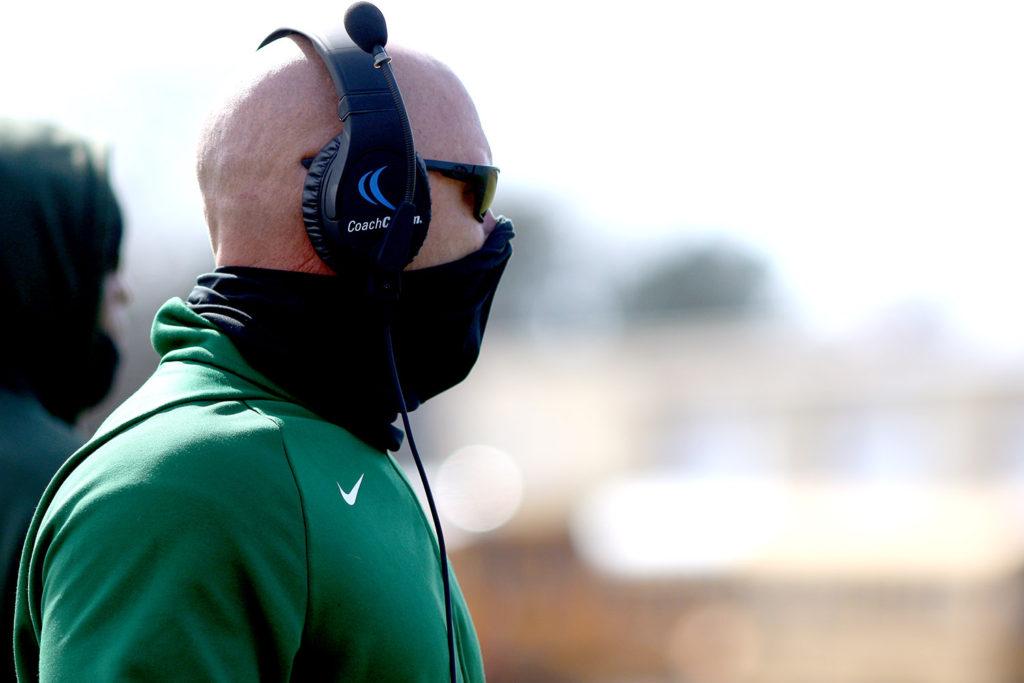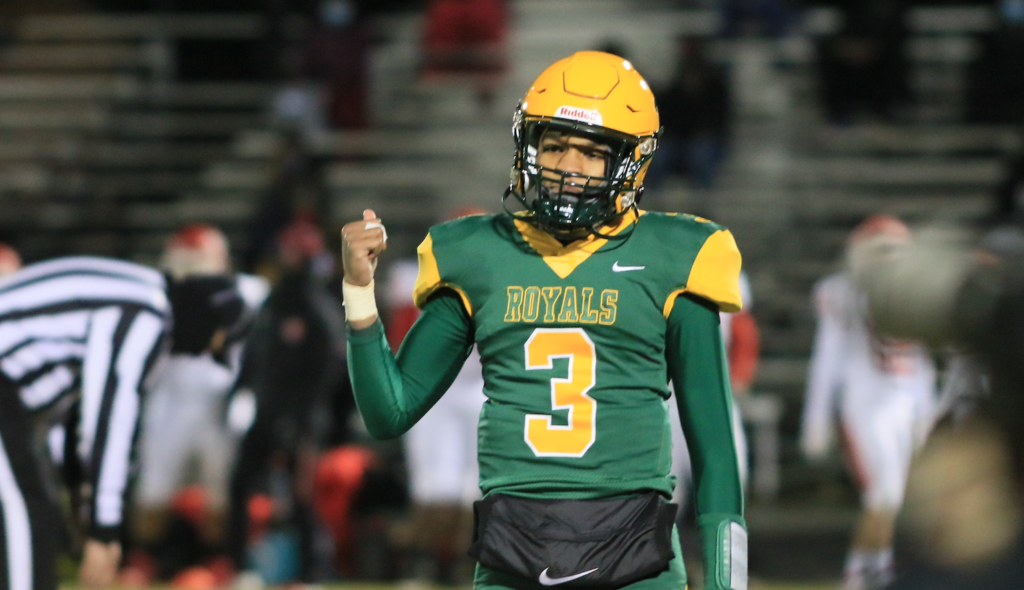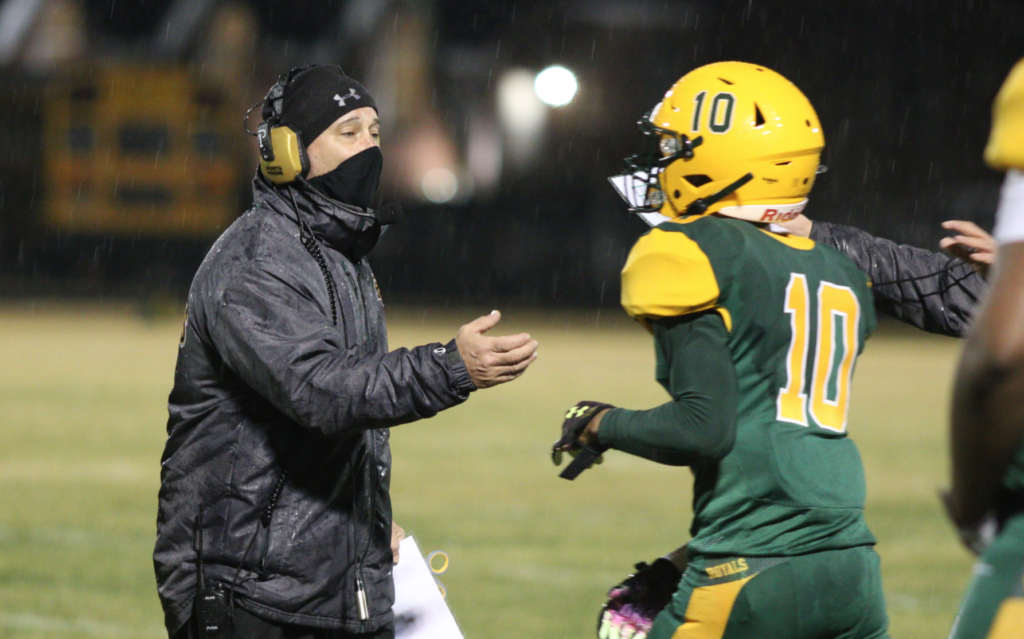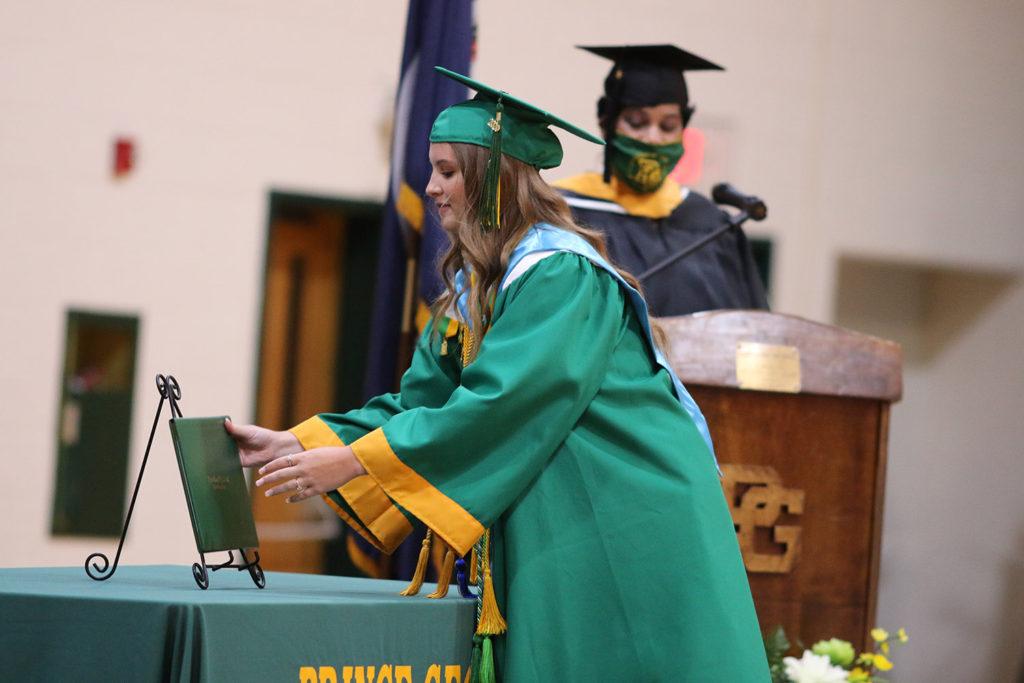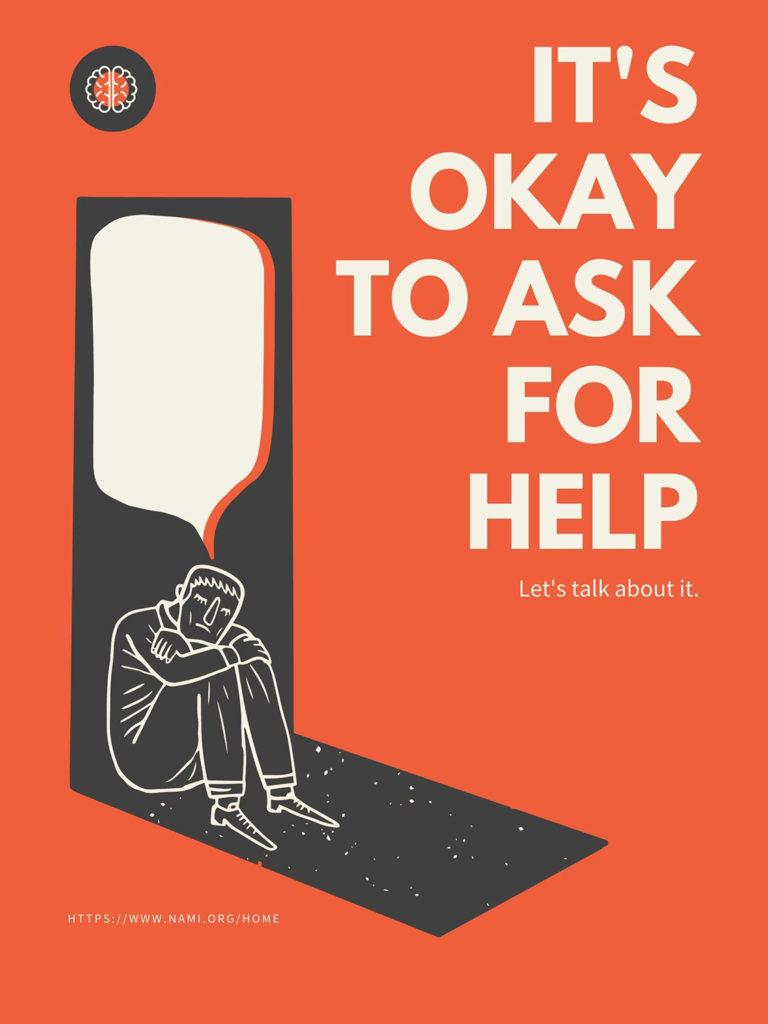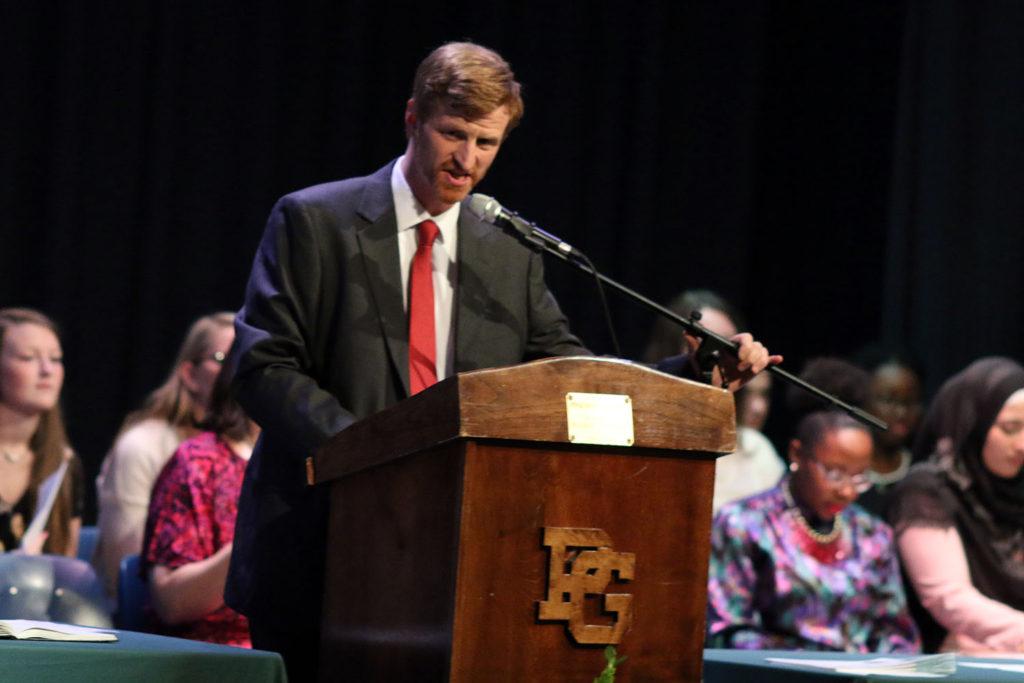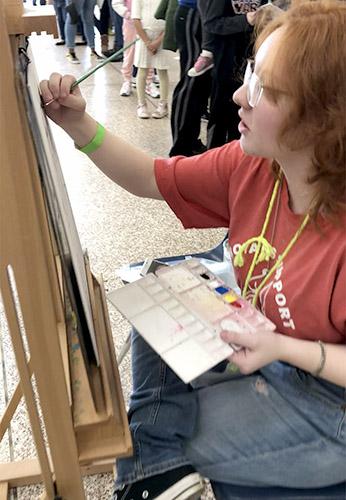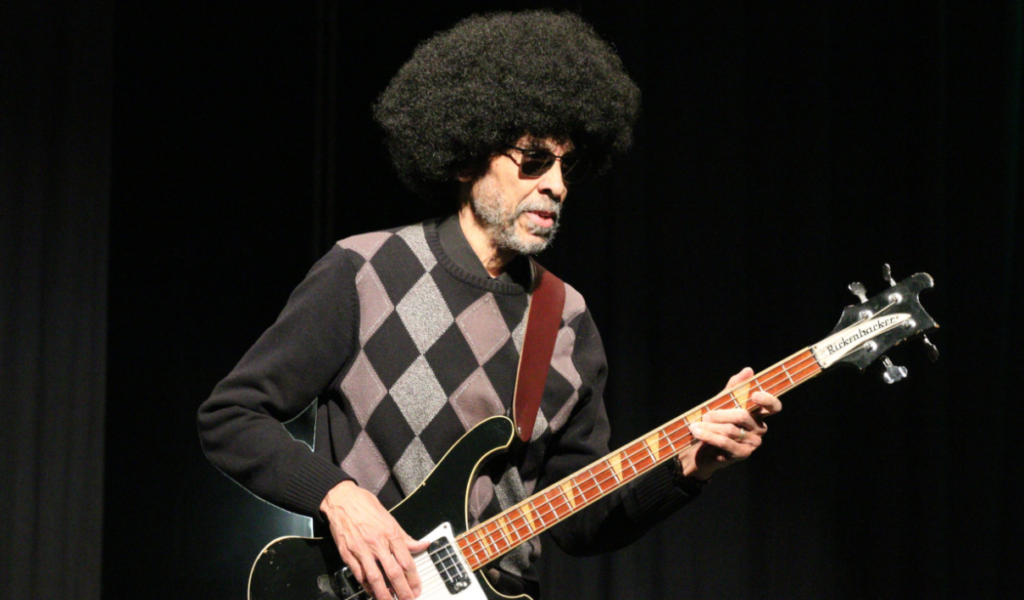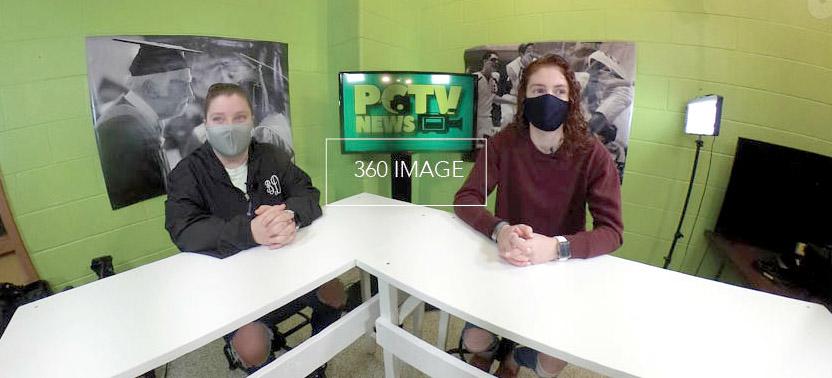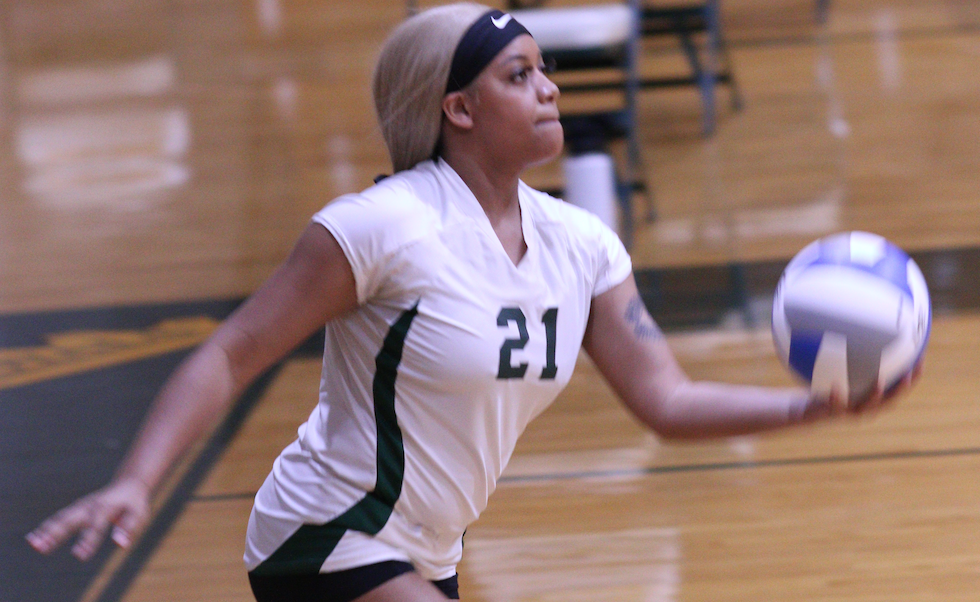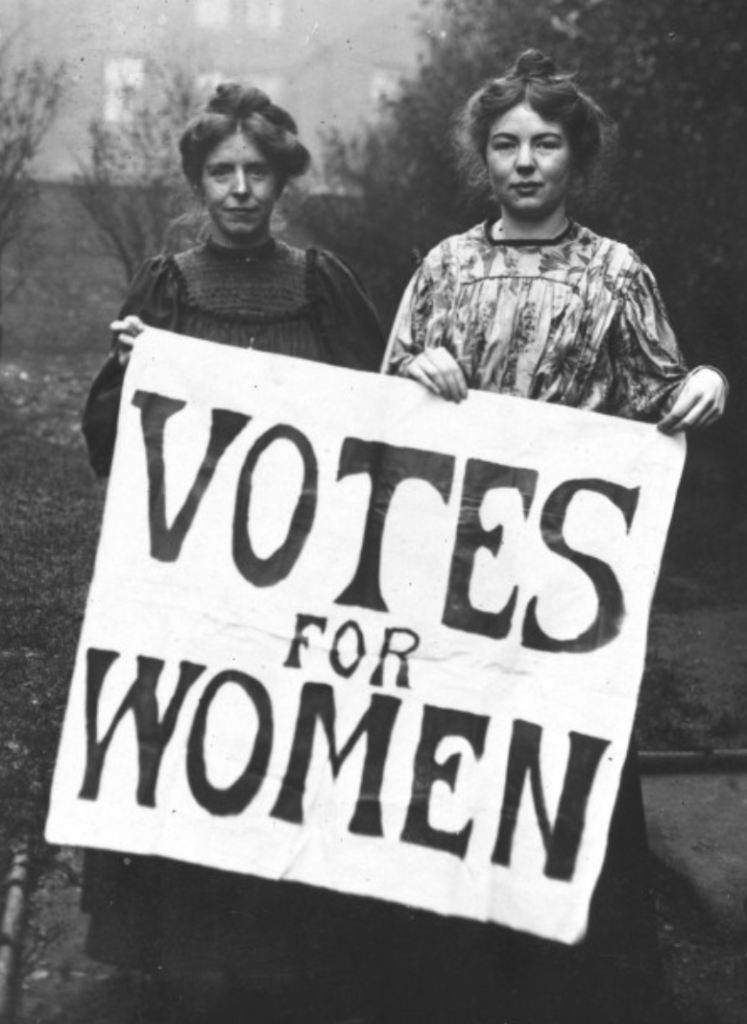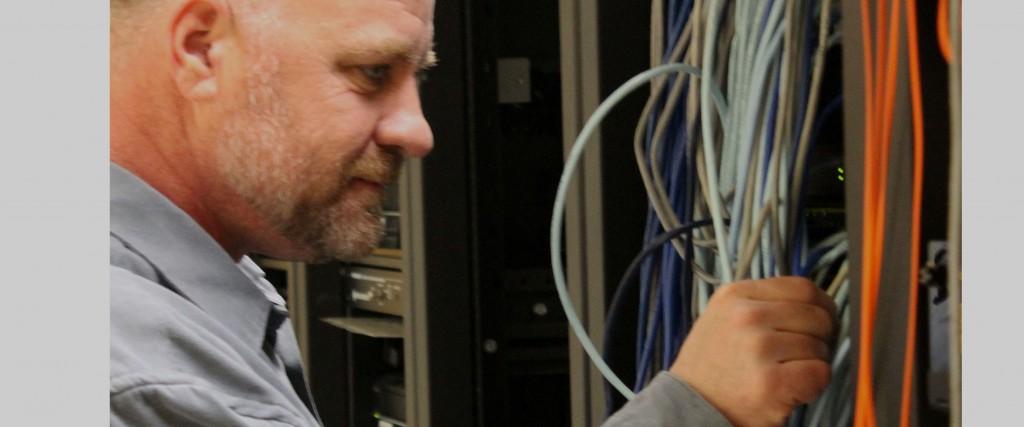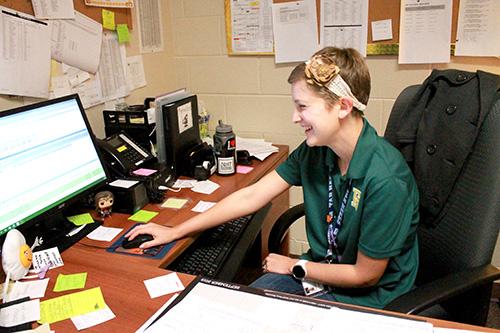On December 18th, 2015 the unordinary 70 degree weather was not the only abnormal occurrence that both and students and teachers faced just hours before a well deserved holiday break.
Before wireless network changes on December 18th, it was a normal routine for students and teachers to join the network for various reasons, though most educational; some unauthorized connections have reaped havoc within the counties bandwidth. But what really happened? And will the schools network ever return to its normality?
“We want all devices on our network being identified with the person behind them,” ITRT Nealon Chandler said.
In the past, students and teachers at Prince George High School have been able to access the school’s Wi-Fi network quite simply.
“We used to be able to just walk into school, hook up to the Wi-Fi, and use it all day. It’s crazy that a few people can mess it up for everyone,” Junior Tyler Barnack said.
With these changes in login processes comes many emotions from two different viewpoints, including: teachers, students, and our county’s technology leaders.
“We well surpassed the network’s bandwidth, what students do not know is that when we surpass the bandwidth, taxpayer money is used to cover,” Chandler said.
What most students do not understand is that when they are using the school’s network, they are also using public tax money.
“The two days before Christmas break showed a huge surge in Internet usage across the division. The increase was so severe, a couple of the elementary schools actually lost their connection to the Internet for extended periods of time,” Director of Technology John Brockwell said.
More than anything, students ask if the Wi-Fi will ever return to its previous normality.
To answer the question of the student body, Chandler said,” No, we want users on our network identified, when using our network you are accepting the acceptable use policy, just like when you login on the computers here at school. Very rarely do you go to a place, use their Wi-Fi, and not accept some type of policy, for example a library. We are just enforcing rules that are already in effect.”
With that said, students should not expect new rules or policies for network usage, just more enforcement of the previously set acceptance policy.
“Upon investigating the increase, we found there were lots of “unauthorized” users using disproportional amounts of bandwidth. Unauthorized users are devices that do not authenticate agaidomain, such as iPads and smartphones. Our current policy allows these unauthorized users to gain access to our Internet connection but to be filtered pretty tightly. I implemented a rule in the filter that denied access to unauthorized users unless they signed in to the blocked page, thereby authenticating against our domain. What we found was that did not have much of an effect on total bandwidth consumption so I removed that rule,”Brockwell said.
Although our school “knocked down” our boundaries, works are in progress to improve, not just our school, but our counties bandwidth.
“After further examination of the data, it seems that much of that Internet usage was legitimate. I am now in talks with Comcast to increase bandwidth at several of our schools,”Brockwell said.
